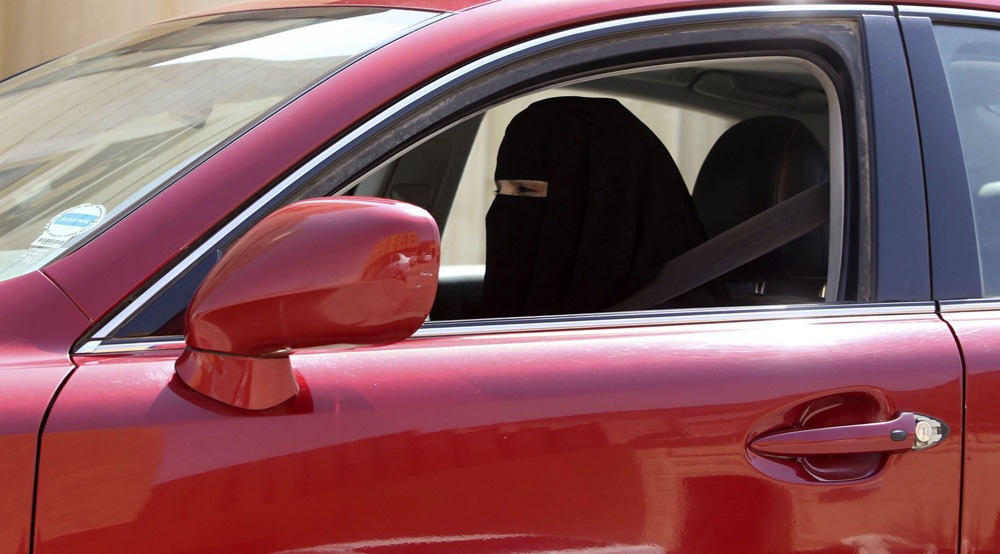
Following its decision to end a long-standing policy that bans women drivers, Saudi Arabia is set to witness vast changes in demand for transport providing apps, increased market shares for the automotive sector, and even profound changes on immigration patterns.
This royal decree – set to take effect in 2018 – will essentially open the Kingdom´s auto market to about half of its over 30 million population, giving the sector a boost, as well as reducing the need for ride-hailing apps such as Dubai-based Careem and American-based Uber.
Apps such as these are very popular with Saudi women, as they offer a chance at greater autonomy for those who cannot afford private drivers. In fact, according to figures released by Uber, as much as 80 percent of its users in Saudi Arabia are women, who rely on the app for their daily commutes to work, school, university, and so on.

Mudassir Sheikha, the founder of Careem, told the Los Angeles Times in 2015, that, “[t]here are some [women] that take five to 10 trips with us every day,” a usage frequency the company has not seen anywhere else. Therefore, this shift to women driving en masse is set to have profound impact on these apps.
However, these ride-sharing apps could also benefit from the new decree, by recruiting a new pool of female drivers for its car-hire service, for instance. According to Arabian Business, Uber does have plans to launch a “female partner support center” to enable women to join the company. According to Pierre Dimitri Gore-Coty, vice president for Uber, this center will help “the paperwork, training and access to vehicles, including being able to access a driving school run by third party government partners."
Furthermore, it is in the government’s interest to ensure that Uber in particular succeeds, seeing that the Saudi state’s Public Investment Fund is a major investor (in fact, it is Uber’s largest investor to date, having put 3.5 billion US dollars into the company in 2016).

And it’s not just apps like Uber that will witness a change. As Saudi women took to social media to celebrate the new driving policy, many using a hashtag to discuss what sort of car they might want to buy, the automotive industry starting gearing up for a race to reach the hearts and wallets of Saudi women.
According to a poll by Arab News, 65 percent of Saudi women plan to get a driving license once the decree comes into effect. And the vehicle of choice for most? Small, affordable sedans. According to Bloomberg , car manufacturer Toyota is currently looking into the feasibility of local production, and Nissan Motor Co. and Hyundai are also looking into the possibility of opening plants in the Kingdom.
Finally, the decree will also impact immigration patterns in a country that has long depended on thousands of low-wage workers from mostly South Asian countries, hired as private driver to drive its women around. In fact, according to Arab News, there are at least 800,000 men, who work as drivers for Saudi women and are paid a salary of as much as $400 a month.

















